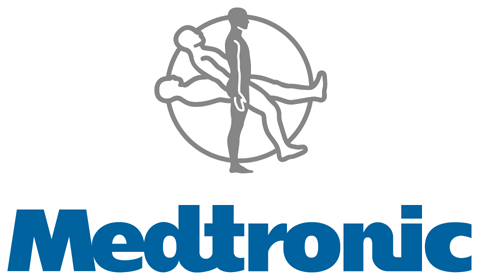On Friday, medical technology company, Medtronic (MDT) announced a step toward the development of an artificial pancreas. It filed the final module of its Pre-Market Approval (PMA) application with the US Food and Drug Administration for the MiniMed 530G system featuring Threshold Suspend Automation, which if approved, will be MiniMed530G, the only integrated insulin pump and continuous glucose monitor in the US that automatically suspends insulin delivery if the sensor glucose value is equal to or below the low threshold value. The system employs advanced software algorithms that enable Threshold Suspend Automation that works by automatically stopping insulin delivery temporarily if sensor glucose level is equal to or below the low threshold value. This new product rollout is part of MDT’s broader strategy of strong product rollouts and a robust product pipeline.
Another component of MDT’s strategy is its breadth of products and service areas. Although MDT has been trying to sell the Street on the benefits of its diversified model, from an end-market standpoint, investing in pure play companies like NuVasive (NUVA) for Spine, St. Jude Medical (STJ) and Edwards Lifesciences (EW) for cardiovascular may be a better way to leverage a recovery in volumes. Boston Scientific (BSX) is also playing the angle for potential cross selling amongst its seven business areas from Endoscopy to Women’s Health to Electrophysiology. We suspect that MDT and BSX will run into the same issues when it comes to trying to be both an innovator and a one-stop shop. Theoretically, hospitals would be receptive to this one-stop shop model, but cross selling across an entire portfolio of very different devices may prove more difficult. We believe that the focus and expertise that a company like EW brings to cardiology is more valuable in that it is at the cutting edge of technology, which results in breakthrough products in specialized areas like Transcatheter Heart Valves (THV). Depth over breadth is our view. A simple comparison of stock performance speaks volumes. Over the last ten years, MDT has been down 22% vs. the S&P 500 up 20%. NUVA was up 72%, EW was up 612%, and STJ was up 77%. BSX, a company that similarly touts its breadth and depth, performed even more poorly than MDT, and was down 58% over the period. BSX is in the process of a major restructuring, especially on the capital markets side, but the seven priority initiatives may prove to dilute each initiative instead of reinforcing.
The positives for MDT are in drug eluting stents (DES) (where MDT frankly dominates and continues to take market share, but DES only represents 10% of sales) and emerging market sales. EM sales are currently 10% of revenues but weighted toward higher-margin products in spine and cardio. Management believes the EM segment can grow ~20% y-o-y and contribute 20% of total sales by FY 2015 to FY 2016. Given the growth and necessity for increased accessibility to healthcare products in those regions, we think this is attainable. Furthermore, MDT has great FCF generation with an estimated $4.4 billion by next year, 50% of which it plans to return to shareholders in the form of share repurchases and dividends. Valuation does seem reasonable at 9.6x forward earnings versus a 5-year NTM average of 12.0x. However, given a lack of near-term catalysts and momentum, we are neutral on the company, preferring pure play companies like STJ (10.5x), NUVA (20.2x), and EW (25.8x). MDT is held by Ralph Whitworth, Zeke Ashton, Ric Dillon, and Bill Miller.
